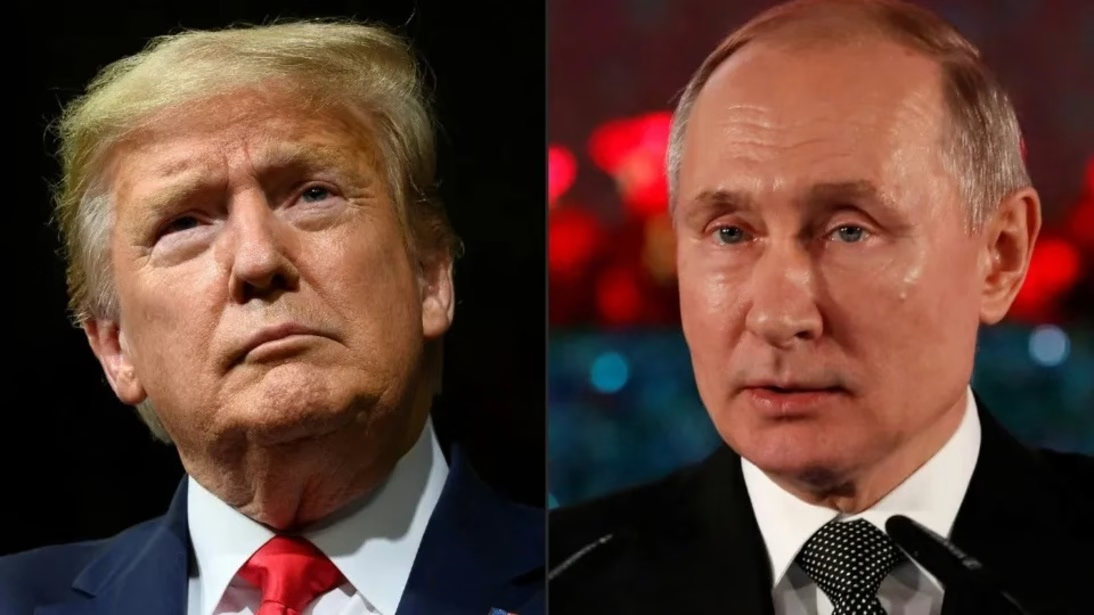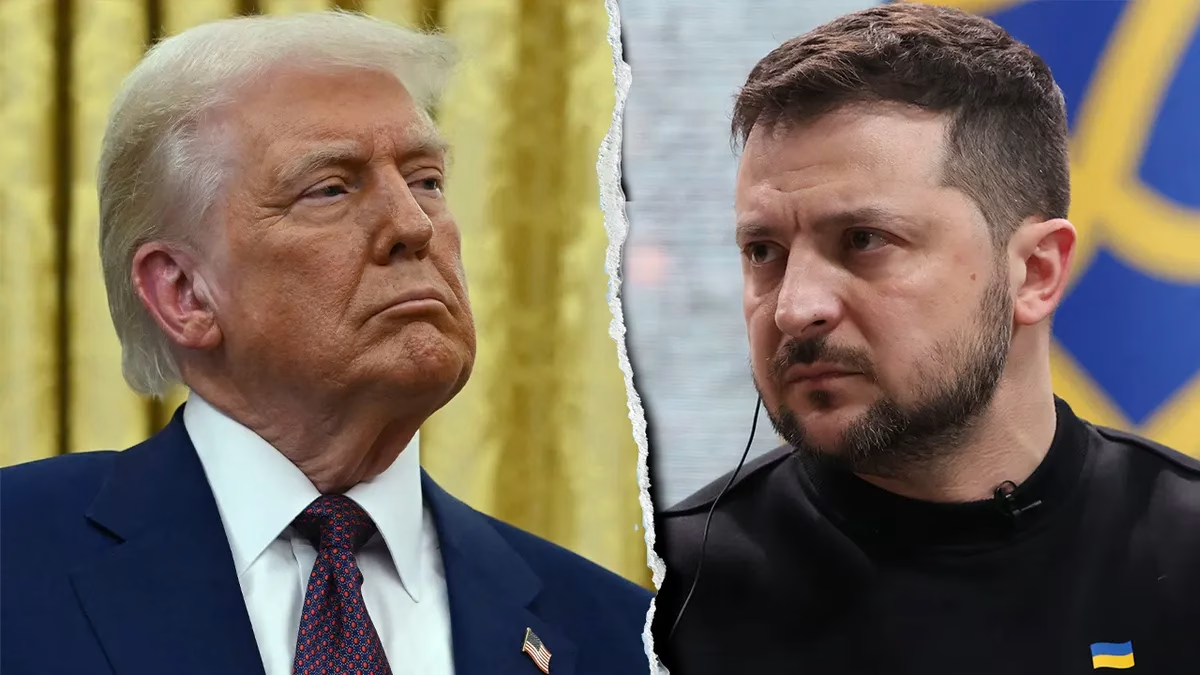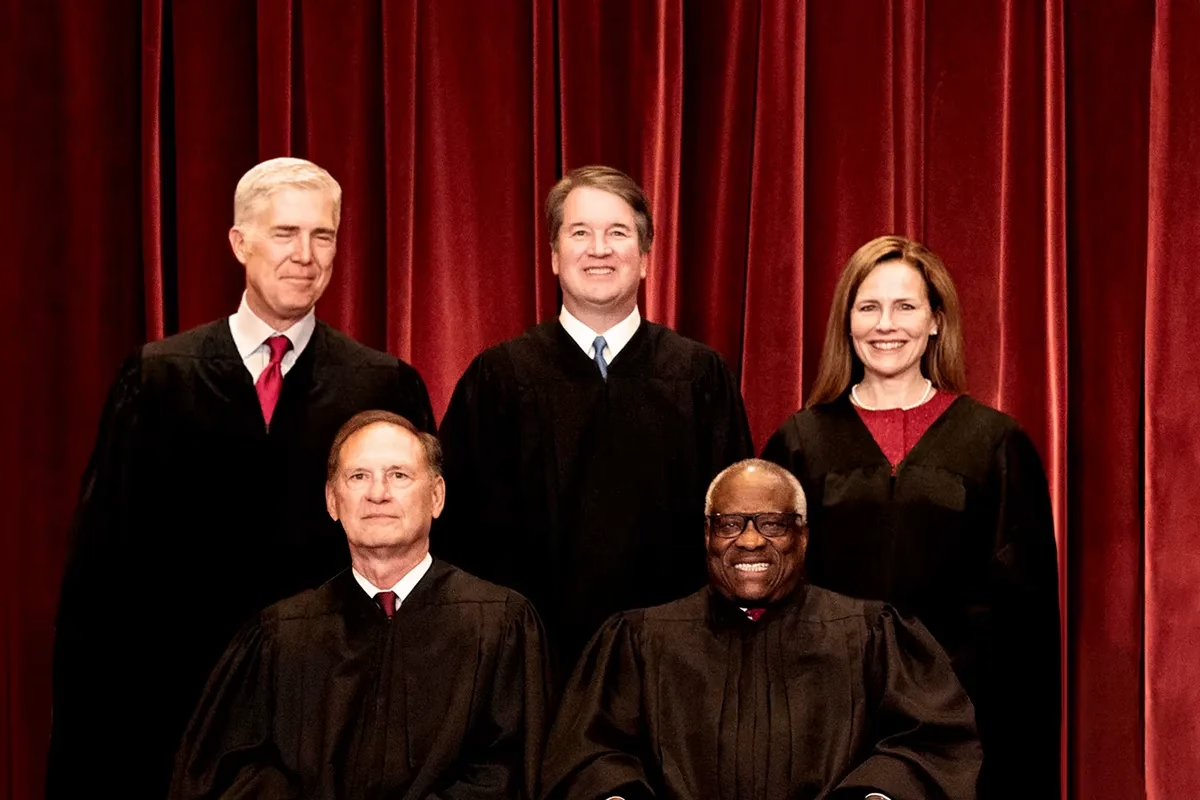By Mary Jones | Tuesday, February 18, 2025 | 4 min read
The world was left reeling as U.S. President Donald Trump unveiled a surprising peace plan for Ukraine in collaboration with Russian President Vladimir Putin. The announcement marked a significant shift in U.S. foreign policy, effectively ending America’s steadfast support for Ukraine in its defense against Russia’s ongoing invasion. Trump’s declaration of immediate negotiations between the U.S. and Russia signaled a new era, urging Ukrainian President Volodymyr Zelenskyy to abandon hopes of reclaiming all territories seized by Russia since 2014.
U.S. Defense Secretary Pete Hegseth reinforced this stark reality during a meeting with NATO counterparts in Brussels, where he asserted that Ukraine’s ambition to restore its pre-2014 borders, including Crimea and the eastern regions occupied by Russian forces, was unattainable. Hegseth’s candid remarks underscored the administration’s position that continued military support for Ukraine’s full territorial restoration was no longer feasible.
The abruptness of Trump’s plan has left Ukraine’s allies, particularly within the European Union, grappling with uncertainty. Diplomatic circles in Brussels were abuzz with confusion and concern as officials scrambled to comprehend the implications of the U.S. stance. The already fragile relationship between the EU and the Trump administration now appears further strained, with communication between the two sides reaching an all-time low.
This unexpected diplomatic maneuver has not only altered the geopolitical landscape but also raised pressing questions about the future of Ukraine, the resilience of international alliances, and the balance of power in Eastern Europe.
European diplomats appeared uncertain as they grappled with the sudden and sweeping announcements from U.S. Defense Secretary Pete Hegseth and President Donald Trump. The stark reality is that relations between the European Union and the new White House administration have become so strained that meaningful communication is nearly non-existent. European Commission President Ursula von der Leyen refrained from immediate comment, while EU chief diplomat Kaja Kallas later emphasized on X that “Europe must play a central role in any negotiation,” reinforcing that “Ukraine’s independence and territorial integrity are non-negotiable. Our priority now must be to strengthen Ukraine and ensure robust security guarantees.”
Several European allies voiced more direct opposition to Trump’s decision to pursue a peace plan with Putin, seemingly sidelining Ukraine’s leadership in the process. German Foreign Minister Annalena Baerbock firmly stated, “We have always maintained that no decisions about Ukraine will be made without Ukraine. True peace can only be achieved collectively—with Ukraine and with Europe.”
Latvian Foreign Minister Baiba Braže echoed this sentiment in an interview with POLITICO, asserting that “Ukrainian agency in any peace talks is of critical importance.”
Poland’s Foreign Minister Radosław Sikorski emphasized the need for stronger military support for Ukraine before engaging in any negotiations with Putin. “Poland will steadfastly advocate for enhanced military aid to Ukraine,” Sikorski stated, underscoring that bolstering Ukraine’s defenses is essential for the security of the entire continent.
France also voiced disagreement with the U.S. stance, insisting that Ukraine’s path to NATO membership must remain intact. U.S. Defense Secretary Pete Hegseth, however, ruled out Ukraine’s NATO accession as part of any potential peace deal, along with U.S. troop participation in peacekeeping operations or direct NATO involvement.
“We are deeply committed to Ukraine’s NATO trajectory. Any lasting peace must come with credible security guarantees,” said French Foreign Minister Jean-Noël Barrot. “European security is at stake in this war of aggression, which has disrupted the global order and eliminated any possibility of returning to the pre-invasion status quo.”
President Trump announced that negotiations with Putin’s representatives would begin immediately, with U.S. Secretary of State Marco Rubio, CIA Director John Ratcliffe, and National Security Adviser Michael Waltz leading the American delegation. “I am confident this effort will yield a successful resolution, hopefully soon,” Trump remarked.
Oleksandr Merezhko, head of Ukraine’s parliamentary foreign relations committee, criticized Hegseth’s position as “illogical.” Merezhko urged the U.S. security chief to visit Ukraine and familiarize himself with its armed forces, insisting that reclaiming all Ukrainian territory is feasible with increased U.S. military assistance and tougher financial sanctions on Russia.
British officials expressed solidarity with Ukraine, with Defense Minister John Healey affirming, “We hear you. We are committed to strengthening support for Ukraine and ensuring European security now and in the future.”
The evolving situation underscores the deep divisions among global powers on how to approach peace in Ukraine. While the U.S. pushes for rapid negotiations with Russia, European allies remain steadfast in their support for Ukraine’s sovereignty and long-term security. As diplomatic efforts intensify, the world watches closely, hoping for a resolution that ensures lasting peace without compromising Ukraine’s independence or European stability.
Copyright 2024 FN, NewsRoom.






